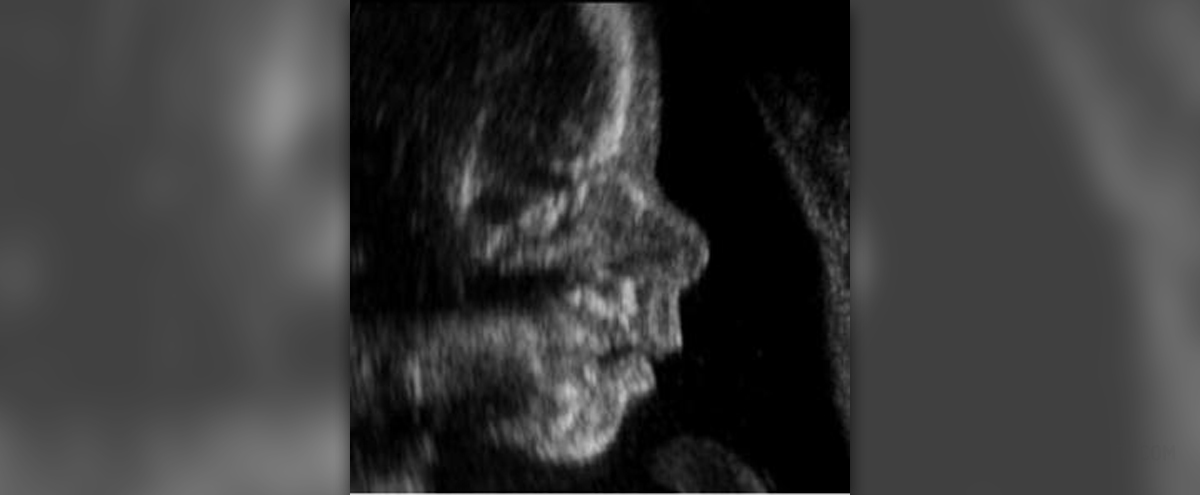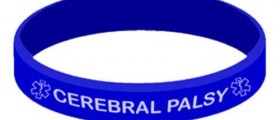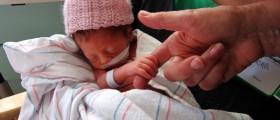
Fetal alcohol syndrome is a condition featured by mental and physical problems due to prenatal exposure to alcohol. Excessive alcohol intake during pregnancy can severely affect the fetus since alcohol has the ability to easily pass across placenta, accumulate in the amniotic fluid and interfere with development of the unborn child. Fetal alcohol spectrum disorder (FASD) is a term for different disabilities and disorders caused by maternal alcohol consumption during pregnancy and among them fetal alcohol syndrome is the most severe disorder.
Fetal Alcohol Syndrome Overview
Fetal alcohol syndrome (FAS) is the most common cause of mental retardation. It causes life long problems related to physical and mental development. It is caused by maternal abuse of alcohol during pregnancy, especially in the first trimester. Children of people of all socioeconomic status and ethnic backgrounds can be affected by fetal alcohol syndrome. In the U.S. the prevalence rate of fetal alcohol syndrome is about 1-2 in every 1,000 live births.
Fetal alcohol syndrome causes growth problems before and after birth resulting in below average height and weight. Affected child suffers from delayed development and usually has problems related to thinking, speech and social skills. Poor coordination is also common. FAS causes facial feature abnormalities, small head circumference and deformities of joints, fingers and extremities. Vision and hearing difficulties, behavioral problems like hyperactivity and irritability and heart defects are common in children with fetal alcohol syndrome. Finally, fetal alcohol syndrome also results in seizures, cerebral palsy and problems with kidneys and intestines.
Treatment for Fetal Alcohol SyndromeFetal alcohol syndrome is a permanent condition that cannot be cured, but the treatment of FAS symptoms is available. A baby diagnosed with fetal alcohol syndrome is admitted to neonatal intensive care unit immediately after birth, where different tests are used to identify physical abnormalities in the child. This helps to determine further course of treatment.
There is no specific treatment for FAS but it is designed according to each patient’s needs. If seizures are confirmed, antiseizure medications are administers. Hearing aids and eye glasses are used to address vision and hearing problems. Medications are prescribed to treat behavioral problems and sleep disorders.
Children with fetal alcohol syndrome generally require special education to improve their communication and social skills and to reduce problematic behaviors. Behavior and education therapies also help to improve memory, speech development and emotional development.
Finally, families of children suffering from fetal alcohol syndrome can benefit from social services such as stress and behavioral management training.
- www.cdc.gov/ncbddd/fasd/treatments.html
- www.cdc.gov/ncbddd/fasd/documents/FAS_guidelines_accessible.pdf
- Photo courtesy of X.Compagnion by Wikimedia Commons: commons.wikimedia.org/wiki/File:Fetal_face_profile.jpg

















Your thoughts on this
Loading...